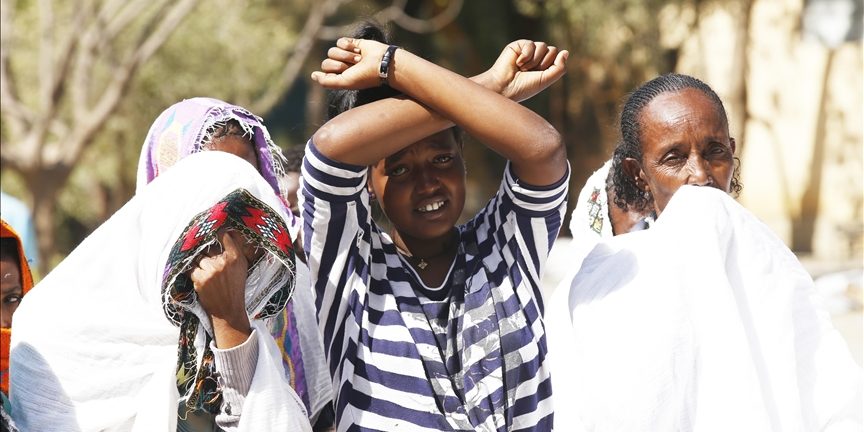Even in the best situations, accessing justice for survivors of violence is extremely difficult. In humanitarian settings, the process—from initial reporting to full legal justice—is rife with obstacles. Numerous challenges affect the justice chain for gender-based violence (GBV) survivors such as medical cost barriers, extracting evidence from survivors with special needs, ensuring evidence is well preserved, interference of key witnesses, lack of psychosocial support/services for survivors, and lack of safe shelters for survivors. While obstacles that prevent GBV survivors from accessing legal protection for their rights persist, it is necessary to train officers and medics to better handle reporting to secure justice.
While more cases are recorded at the hospital, few cases reach the authorities. If it involves a child, the medical superintendent who has access to medical records gets in touch with the investigating agencies that then would lead to a criminal trial process. Unfortunately for adults, they have to want to report. Marion Ageto, Associate Programme Officer, End Sexual Violence Programme at Equality Now, insists that few cases reach authorities as some police officers ask survivors to pay money for printing papers. She further asserts that the lack of cooperation between medics and police officers undercuts the attainment of justice. Proper training can therefore enhance cooperation between officers and medics, ensuring proper reporting and handling of GBV cases.
Training of officers and medics can help end stigma and discrimination, enhancing attainment of justice for GBV survivors. Marion Ageto notes that stigma and discrimination emanates from the reluctance of survivors to report incest-related violations to the police as community prefer to settle them. The trainings offered can be a game changer because all stakeholders are brought together, including police. This is key, because no one is being left behind, and can share experiences on how to handle matters that reach them, and more importantly, find solutions to the daily challenges GBV survivors encounter. Training of the police and other state security agents can thus enhance community outreach and encourage communities to report all forms of GBV such as sexual abuse, physical abuse, emotional abuse, and child marriage.
Ultimately, training officers and medics to better handle reporting is the key to ensuring that GBV survivors access legal protection and justice. There must also be increased investment in innovative programming to improve the reporting of gender-based violence and the treatment and protection of survivors, as well as a revamping of the legal justice system and efforts to improve awareness of legal status and protections.
BY DENNIS NYACHEO

